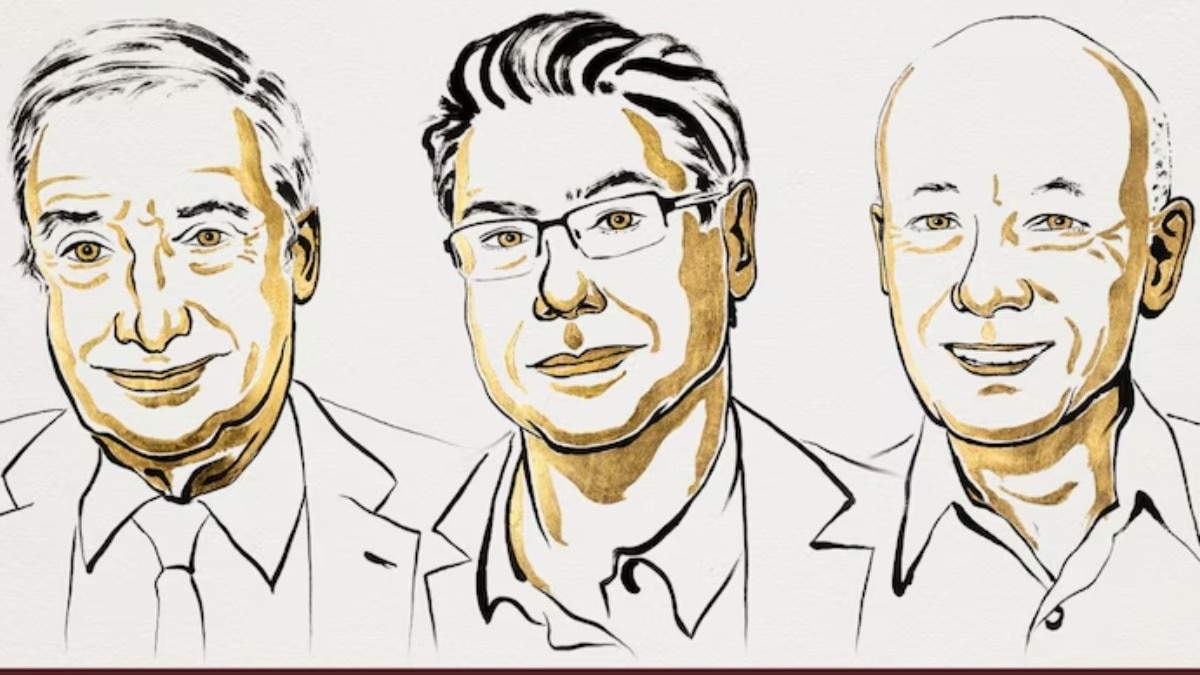The Nobel Prize for Economics has been announced for the year 2025. This award has been given to him for his work on economic development. The Royal Swedish Academy of Sciences announced this on Monday 13 October, which is the last award of this year’s Nobel session. The three economists who have jointly received the Nobel Prize include Joel Mokyr, Philaret Aghion and Peter Howitt.
Joel Mokyr was chosen because
Nobel committee in economics category nobel prize Announcing the winners, he said that it has been given to two American and one British professor. He has been given this honor for his research on economic development through innovation. Half of the prize has been awarded to Joel Mokyr, a Dutch-Israeli-American economic historian at Northwestern University. He used historical evidence to understand how to promote self-reliant economic growth.
Selected for this research
Mokir research shows that technological progress can only be sustained when innovations are supported by a culture that values knowledge, experimentation and openness to change. Joel Mokyr’s research linked the Industrial Revolution to the period when Europe became more inclined towards and focused on new ideas.
His research argued that innovation can only flourish when people not only know how to make things work, but also understand why those things work. According to him, this understanding enables societies to build on past discoveries and maintain progress across generations.
The second part of the award is in the name of Philip-Howitt.
The Royal Swedish Academy of Sciences has awarded the second share of the Nobel Prize in Economics to Philip Aghion and Peter Howitt. Where Philip is associated with the College de France of France and The London School of Economics and Political Science of Britain. Whereas Peter Howitt belongs to American Brown University. Both of them have been given this honor for identifying the conditions for sustainable economic development.
His 1992 paper presented a model that showed how economic growth occurs through a cycle in which new innovations replace old technologies and products.
—- End —-
